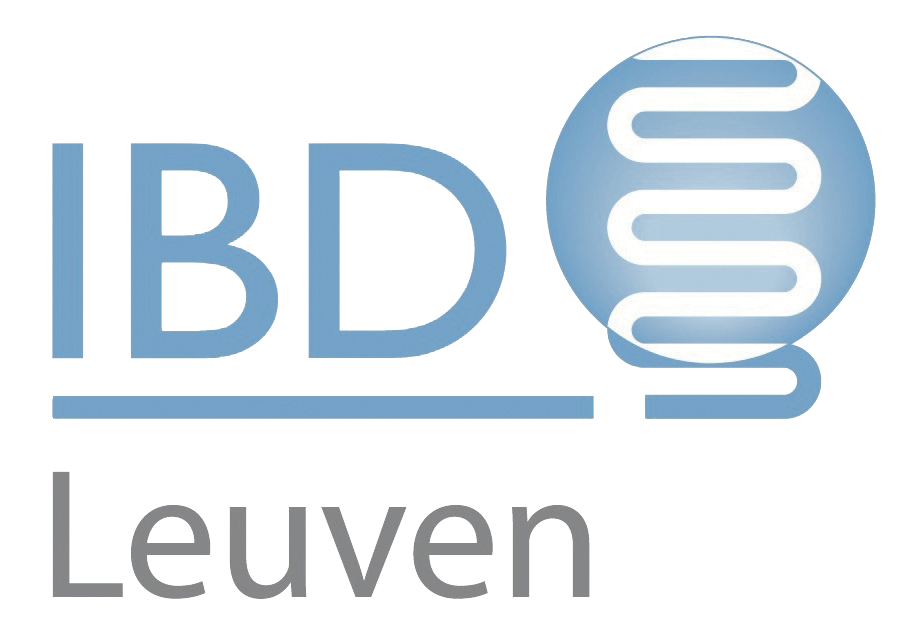Patients
Ccare
About CCare
The most common forms of chronic inflammatory bowel disease, Crohn's disease and ulcerative colitis, are related, but show some important differences, primarily in the site of inflammation and the way it behaves. In ulcerative colitis, the inflammation is limited to the innermost layer of the intestinal wall, the mucous membrane. Crohn's disease can lead to narrowing of the bowel or perforation with formation of unnatural connections called fistulas, because the inflammation often penetrates deeper into the bowel wall. The course of the disease varies greatly from patient to patient and not everyone experiences the same effect from the available treatments.
The exact cause of these inflammatory bowel disease (IBD) is unknown to this day. Several factors determine whether someone
then don't get sick. We suspect that there is an interaction between a hereditary predisposition and a number of hitherto unknown environmental factors. In addition, abnormal responses of the immune system to a changed composition of the gut bacteria play an important role.
Thanks to worldwide intensive research, a large number of pieces of genetic material have already been located that prove to be important in the development of IBD. A number of these genes probably also determine the course of the disease and influence the efficacy of specific drugs. In recent years, progress has also been made in research into the role of gut bacteria and the immune system in the disease process.
The IBD Leuven biobank, on which our research is based, contains a very extensive collection of samples (blood samples, stool samples, tissue samples, ...) from IBD patients, healthy relatives and other control subjects. The . linked to this biobank
database contains relevant demographic and clinical data which, like the samples, are stored in coded form and are always treated according to strict privacy rules.
Target of the research
To gain a better understanding of the cause and disease mechanisms of IBD by identifying genes in hereditary material that may be associated with IBD and by studying various proteins in the blood and of bacteria in the gut and stool that may play a role in the disease process.
Developing new diagnostic techniques as well as methods to better predict the course of the disease.
Improve existing therapies and promote the optimal therapeutic choice for each individual patient.
Contribute to the discovery and development of new drugs.
“Thanks to worldwide intensive research, a large number of pieces of genetic material have already been located that are important in the development of IBD.
Projects and results
We would like to inform you about new research initiatives via our website www.ibd-leuven.com. The results of our various projects are communicated to the participants in an annual newsletter. This is not about personal results of you or your family members, but about the global findings of our scientific research.
Confidantiality
Only a few authorized employees within our team can link the assigned code to your samples and personal data and these will not be used for any purpose other than the research described above. All our research projects are assessed by an independent medical ethics committee.
Who can participate?
Our research focuses primarily on patients with IBD. Since the closest hereditary bond exists in the family, we also like to welcome their parents, siblings, partner and children.
In addition, there is also a need for research for healthy volunteers and patients with a different condition, whether or not involving the gastrointestinal tract, to enable comparisons to be made. A special group of patients that has been part of our research for years are patients with PSC ( primary sclerosing cholangitis), a chronic liver disease.
Your participation is important!
Scientific research is, after all, the only method to gain a better insight into diseases, and for this purpose the number of patients, relatives and other control persons examined should be as large as possible.
What do we ask from you?
Filling out a questionnaire at the start of your participation and possibly at later times during your standard follow-up.
A blood sample at predetermined times, depending on your disease course and treatment. This is usually in combination with the blood sample requested by the doctor as part of your medical follow-up. For healthy control subjects, a blood sample is usually sufficient when deciding to participate.
Having a few small tissue samples (biopsies) taken if an intestinal examination is ever necessary for your follow-up. An extra intestinal examination will never be performed for this!
The possible delivery of stool, urine, saliva or other samples in the context of specific projects. This is completely non-binding. Biological samples (such as blood, tissue, ...) that remain after a diagnostic examination or after a standard procedure are also used within CCare.

